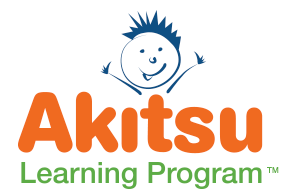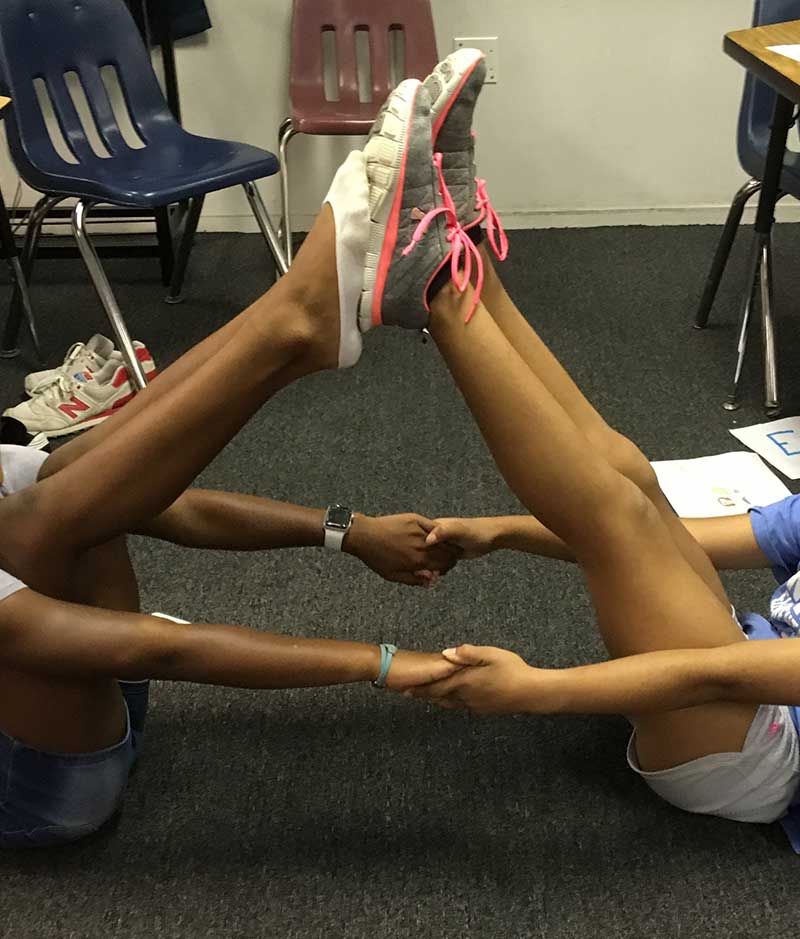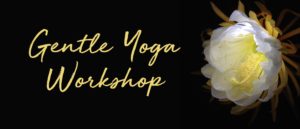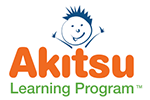For Teachers
The teaching and learning process requires self-reflection by first examining own beliefs about education, by observing how students respond to curriculum material and sometimes striking a balance between the will of the teacher and the will of the child.
Student Behavior and Responsiveness to Learning
The teaching and learning process requires self-reflection by first examining own beliefs about education, by observing how students respond to curriculum material and sometimes striking a balance between the will of the teacher and the will of the child. Boundaries are necessary to define the criteria for skills to be met but the path to reach these goals are as individual as each student and teacher. Use encouragement and motivation. Acknowledge effort. Support students as people for individualized accountability. Teachers also need to feel valued, and share an expectation of success with their students. That’s why Akitsu Learning Program includes courses on Behavior and Motivation. We understand the need to train our bodies as well as our minds through physical and mental exercises to calm and train ourselves for life.
Teachers as Leaders make choices about the tools they use to bridge the gap between instruction and understanding. Take charge. Lead fearlessly, then stand still and let students dictate the next step on their path to being a whole person.

Multicultural Education
Culturally Relevant
Culturally Relevant education recognizes that students have many different backgrounds in their family units which are greatly determined by their cultural community. Languages spoken in the home or with intergenerational family members may be different than the language used for education. Teachers must be prepared to identify the level of linguistic understanding and maturity (learning-readiness). Curriculum content that bridges a student’s cultural background and embraces different viewpoints can assist that student in gaining confidence in their pursuit of academic excellence and a high level of achievement in their community.

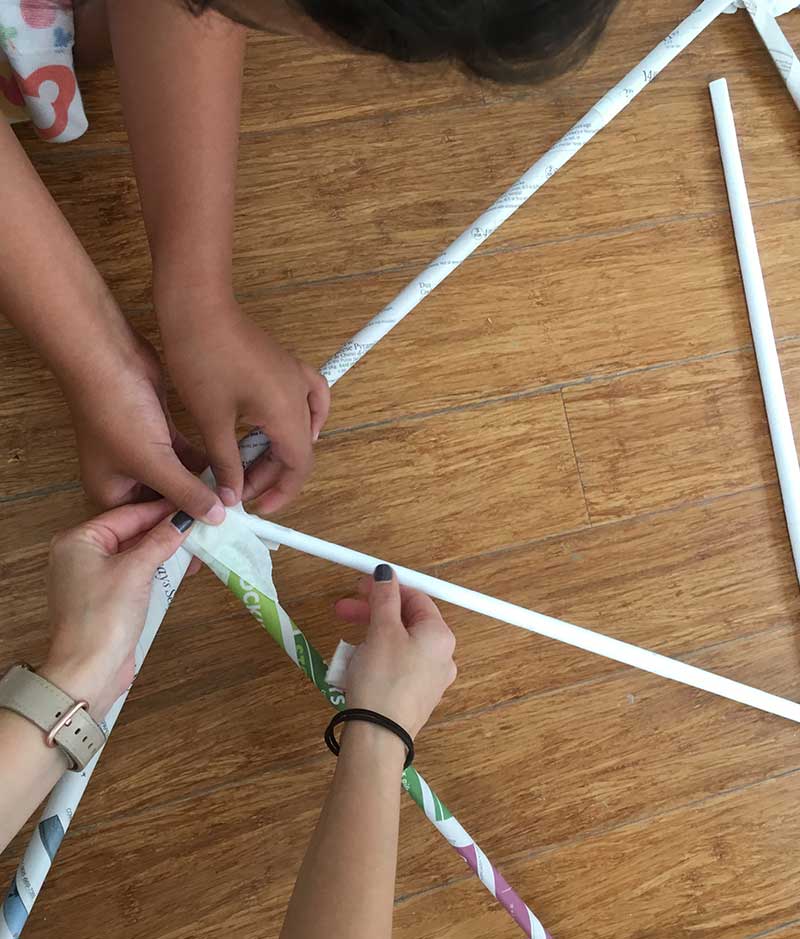
A Constructivist Method
General Information on Multi-cultural Education
Everyone contributes to the educational process through multicultural awareness and an understanding of differences in cultural diversity within our community. By relating their educational activities to familiar aspects of their lives, students develop stronger connections to both areas of their lives. Our mentorship can guide student self-efficacy through more effective problem-solving, enhanced communication skills, and more confidence in setting and pursuing their life goals.
Abraham Maslow’s Theory of Self-Actualization (1954) there are three types of needs for all children (and the children within adults):
Communication, Acceptance and Freedom to grow.

Current Courses
This engaging online course is designed for anyone who wants to tap into their creativity and discover the joy of abstract art. Through a series of fun and informative lessons, you'll learn about the history and key concepts of abstract art, explore different materials and techniques like collage, mixed media, watercolors, and acrylics, and experiment with color, composition, and texture to create your own unique abstract masterpieces. Break Creative Blocks and Find Your Artistic Groove; Are you tired of staring at a blank canvas or a half-written page? This 8-week hybrid workshop rekindles your artistic spark, whether you're a seasoned pro or a curious beginner. We'll ditch the "inner critic" and dive into playful exercises that crack open your creative blocks. Forget rigid rules and "go-to" styles - it's time to explore! No artistic skill needed! Experience weekly zoom connections & self-paced exercises. Gentle Yoga provides a detailed and solid foundation for students who want to integrate a yoga practice into their lifestyle. No prior experience is necessary.Beyond the Brush: Exploring Abstract Art for All Ages
From Frozen to Flowing
Gentle Yoga Workshop
The Basics of a Mind/Body Yoga Practice will be introduced, explained, and gradually developed with your Instructor. Over the 5 week Course, expect to participate in one LIVE Class, each week, then initiate a Self-Practice with Guided Instructions in the accompanying Yoga Modules provided.
